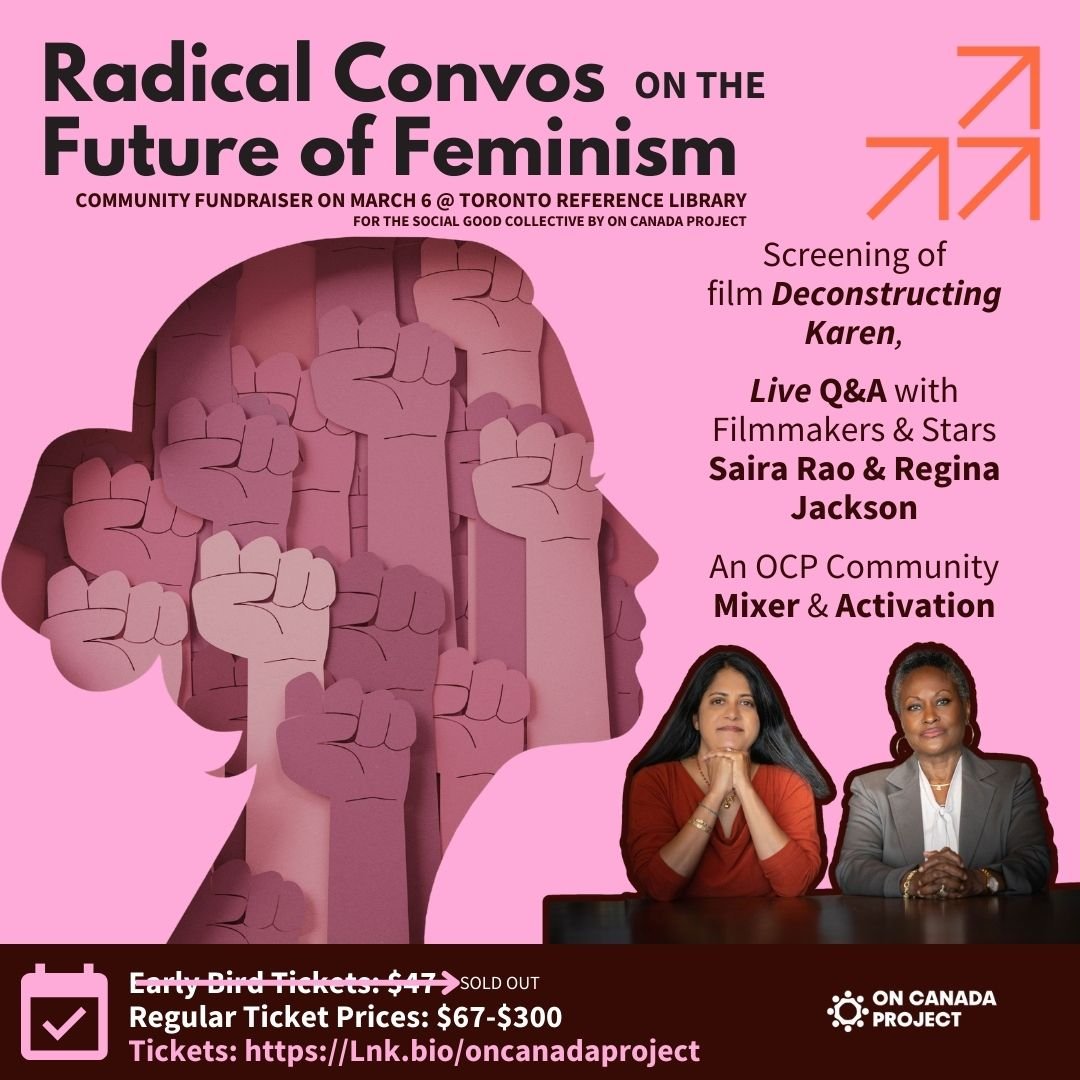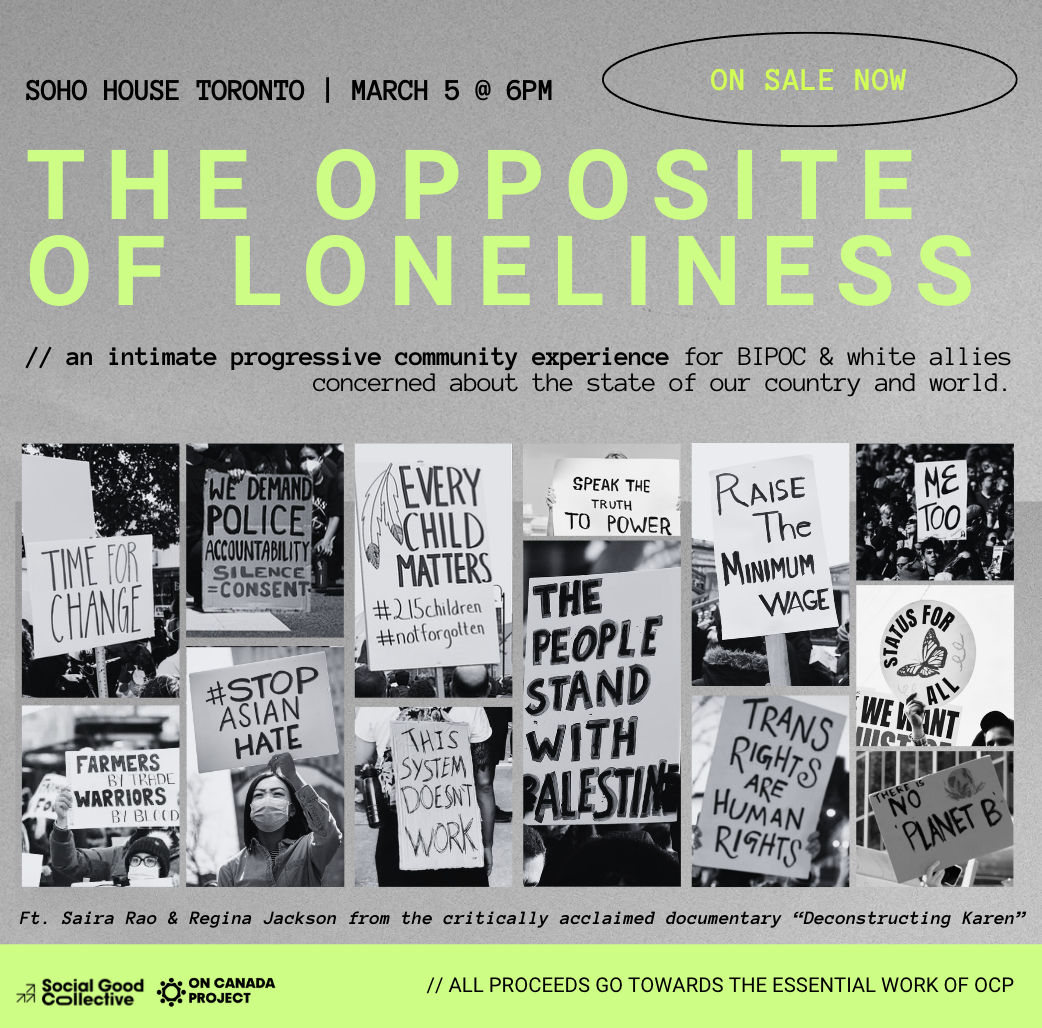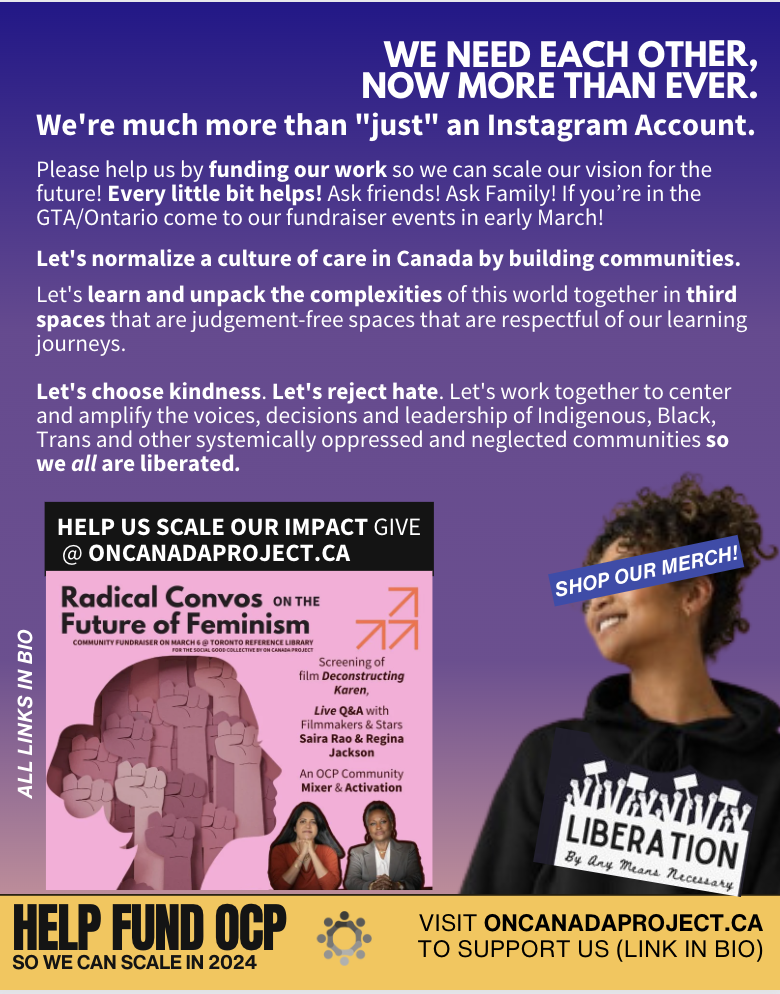When, if ever, is violence acceptable?
On the anniversary of Malcolm X’s assassination, we unpack “by any means necessary”.
Who Was Malcolm X?
Malcolm X was born on May 19, 1925, in Omaha, Nebraska. He converted to Islam during his lifetime and rejected his given last name as he considered it a “slave name,” choosing X to represent his lost ancestral name. Malcolm X was a lead voice in the Black Liberation Movement in America.
Non-Black people are often more aware of MLK Jr’s legacy (though to be fair, it’s a whitewashed and commercialized legacy) than Malcolm X.
Most non-Black people's perspective of Malcolm X is that he was an advocate for violence. But that is not true (and in our opinion, is intentional disinformation).
Explaining “Violence”
Malcolm X's stance on violence, framed by his iconic declaration "by any means necessary," underscores his nuanced and deeply pragmatic perspective. Notably, his unapologetic refusal to cater to whiteness, prioritizing Black liberation.
This phrase encapsulates his belief in the right of oppressed individuals to defend themselves, highlighting a commitment to securing freedom, justice, and human dignity.
Malcolm X argued that in the face of systemic oppression and violence, communities must be prepared to protect themselves and assert their often violated human rights through whatever methods were effective and necessary. His perspective was not an endorsement of violence for its own sake but a recognition of the right to self-defence in the context of a society/peoples that were often left no other viable path to change.
CONTEXT: What exactly is oppression?
Oppression is not an easily understood term. Oppression involves deeply ingrained, systemic inequalities that systematically disadvantage specific groups, denying them equitable access to opportunities, resources, and the ability to participate fully in society.
It is more than a mere inconvenience; it's a sustained pattern of injustice that shapes the lived experiences of affected communities, undermining their rights and dignity. Understanding oppression requires recognizing these entrenched disparities and working compassionately toward dismantling them.
if you value our content, commentary and analysis - please consider contributing to our fundraising goal so we can scale up our edu-media and community building and change the world together!
A Personal Perspective from OCP’s Founder Samanta Krishnapillai
First, A Mindset Check:
To start, this isn’t a reflection for, or against, self-defence but an exercise in challenging how we are conditioned to think of certain behaviours as too radical.
We have to ask ourselves, why is it that we think MLK’s legacy (which was altered for mass appeal) is “acceptable” activism, while Malcolm X’s was too violent, radical and wrong? Who taught us this or normalized it?
More importantly, whom does it serve for us to be told that one form of activism is acceptable but the other isn’t? Shouldn’t the main point not be “who did it better” but instead, look at different forms of activism that were necessary as a result of a system that is designed to oppress us?
Lastly, why do words like activist, radical, and revolution all have a weird negative energy/connotation when, by definition, they aren’t “bad” words?
And is this similar to how we’ve seen the word ‘woke’ shift to become more negative? Or how feminism for the bulk of the 90s and early 00's also was considered too extreme?
Hate the Game, Not the Player:
I think a lot about how I always just went along with this idea of that - tbh, I’m not sure why/how I had formed this opinion - Malcolm X’s advocacy for self-defence, or “violence,” when faced with systemic inequities was wrong.
Because isn’t the real violence not on him as an individual advocating for Black folks to be able to protect themselves from senseless and out-of-control violence, lynching, and brutality at the hands of the police, government and white people, but instead on the system that claims to care about all of us that — on full display daily — fails Black people (and Indigenous, and low-income, and trans, and migrant, and religious minorities, and women, and queer folks, and disabled people, and people of colour, and elderly folks, and children, and working and middle-class people, etc., etc.,)?
It’s like how we are conditioned to blame someone for being unhoused and be annoyed with them for setting up tents in our parks — when really, we should be livid that in a G7 country like Canada, our systems are allowing for hundreds of thousands of people to be unhoused?
Education and Unlearning
I’ve always considered myself an ally, but what I’ve come to realize over the past 7 years is you can’t claim to be an ally if you are unable to examine and own your privilege – which most people born in the 1900s are not equipped to do.
We all were taught that red + yellow = orange, but we were not all taught about systemic inequities, unearned privileges and powers that people have. Many of us have to invest in specific courses in post-secondary and/or have personal lived experience(s) that become catalysts to our personal unlearning journeys.
For me, it was in 2009. It didn’t happen right away, but seeing our Canadian government and Western media ignore the genocide of Tamils in Sri Lanka, after teaching me about how after WWII they said “never again” destroyed me.
How To Use Your Privilege For Good
For a long time, I judged things I considered too radical, but now when that feeling comes up, I pause and ask myself if (1) what they are saying is ‘generally fair.’
For example, abolishing the police seems radical at first, but at its core it’s speaking to how Black people shouldn't be killed or harmed by our policing systems — which I agree with.
Then I ask myself, (2) do I have more privilege than the people advocating for that “radical” solution? If the answer is yes, then I remind myself that it’s not fair for me to judge something I do not have personal experience with.
The people who are the most oppressed in a situation are the experts on their experience, and if they, as a collective, are advocating for something, (3) my responsibility as a person with more privilege is to hit pause on my feelings of discomfort and try to understand why they would be championing for that “radical” thing.
Malcolm X Endorsed For Self Defence
In an ideal world, of course - violence shouldn’t be the answer. But since we aren’t living in an ideal world - can we just as a group consider why the onus is on the victims of systemic violence to behave more morally than the system that is systemically violent to them?
Tbh, I don’t think marginalized people, especially BIPOC, have the privilege to leap from experiencing injustice to violence. I think most BIPOC will try every other method - petitions, advocacy, calls for boycotts, calls for divestment, calls for sanctions, calls to governments and systems- before choosing violence.
So if we see a call for it, like with Malcolm X, or acts of violence from oppressed communities, do we (only) judge and condemn them? Or should we pause to ask ourselves - Is what they want generally fair? Do I have more privilege? Is there a systemic issue at play here? And how do I use my privilege? What system might have caused such a reaction/action?
Join OCP in using your privilege for good
And again, violence is wrong; I wholeheartedly condemn violence, but the onus of responsibility here is, IMO, on our systems that are permitting such violence, inequities and injustice.
Why are we allowing them to pretend to care and advocate for justice and “human rights matters” while routinely, systemically and without fail, dehumanize and harm marginalized people daily?
I genuinely don’t agree with violence, I think there are more just and equitable ways to get results, but I also don’t think I get to decide if someone more oppressed than me chooses violence.
I didn’t choose to be born with the privileges and power I have (which are relative).
What I do know is that I want to be a force for good in the world, and I know that starts with challenging how I was conditioned to think about things — so I guess, this is me, inviting you to join me in that imperfect journey, in pursuit of a more fair and just world ✊🏾






